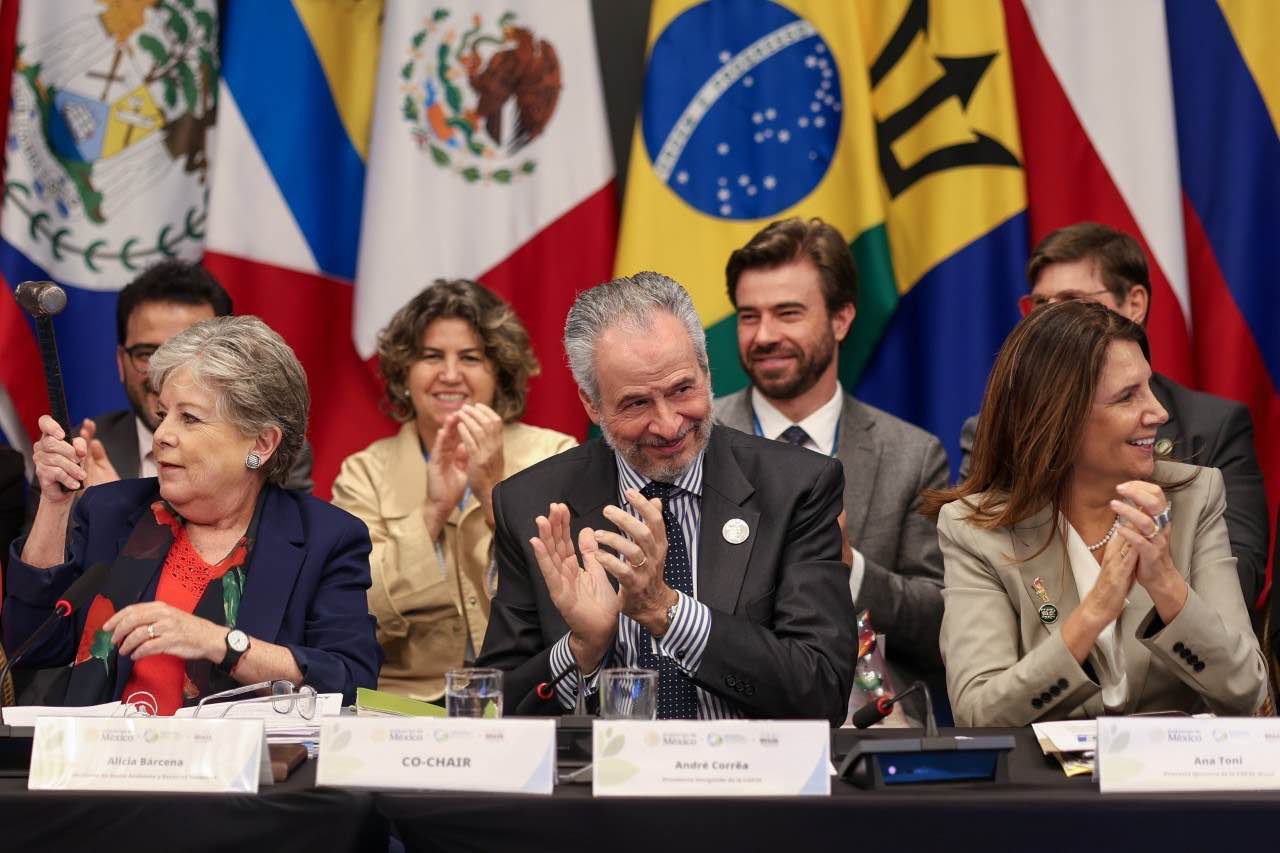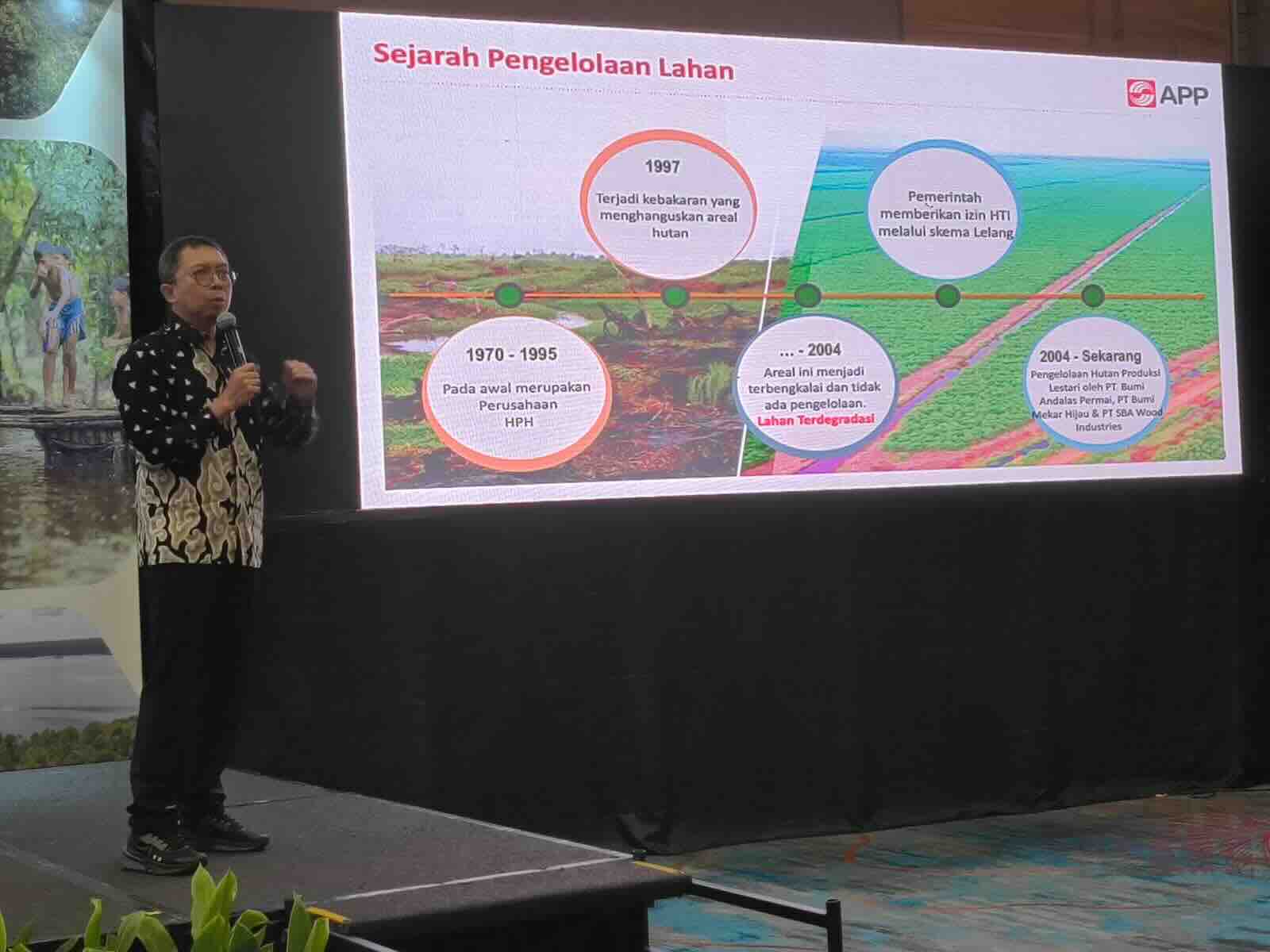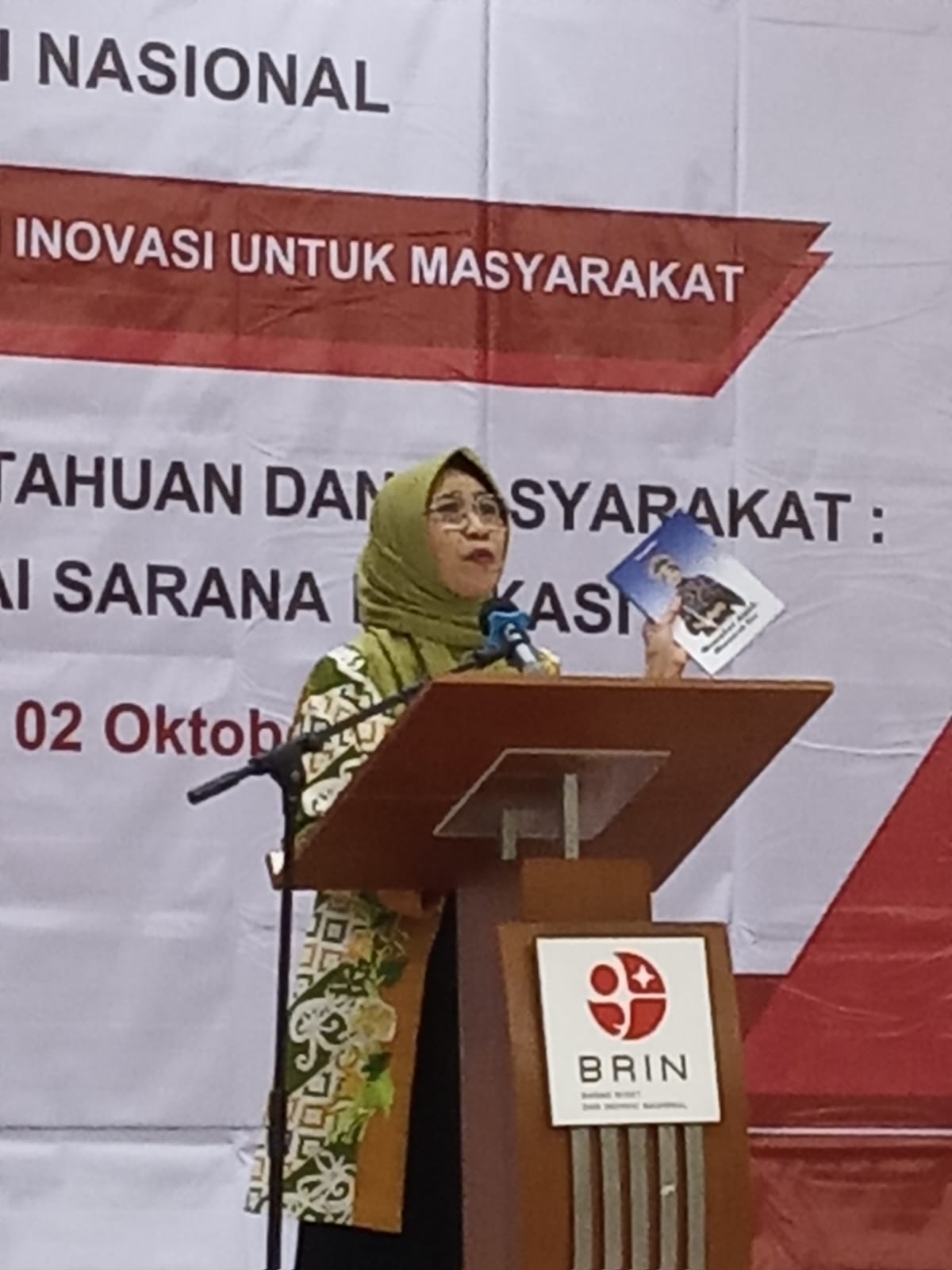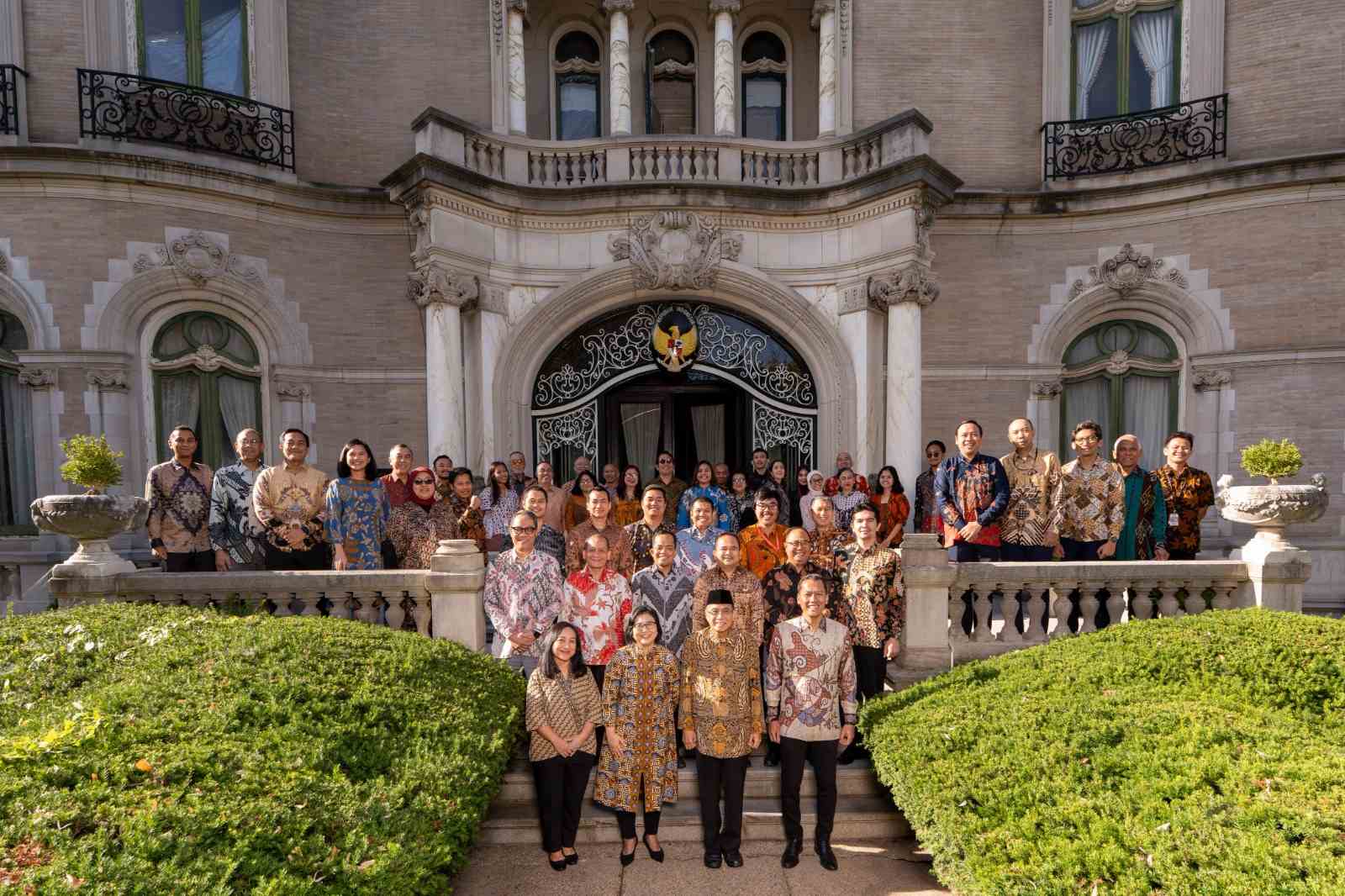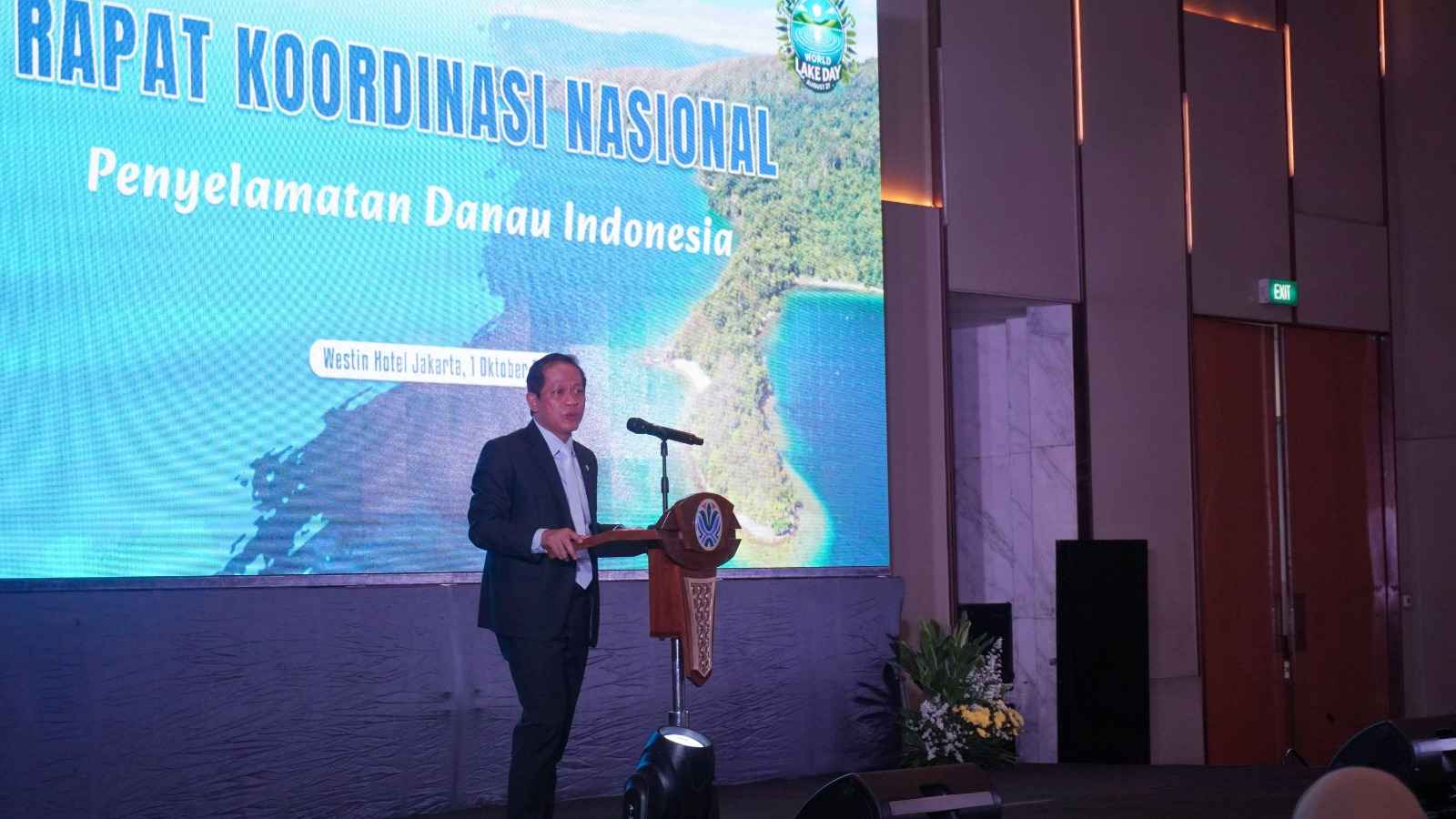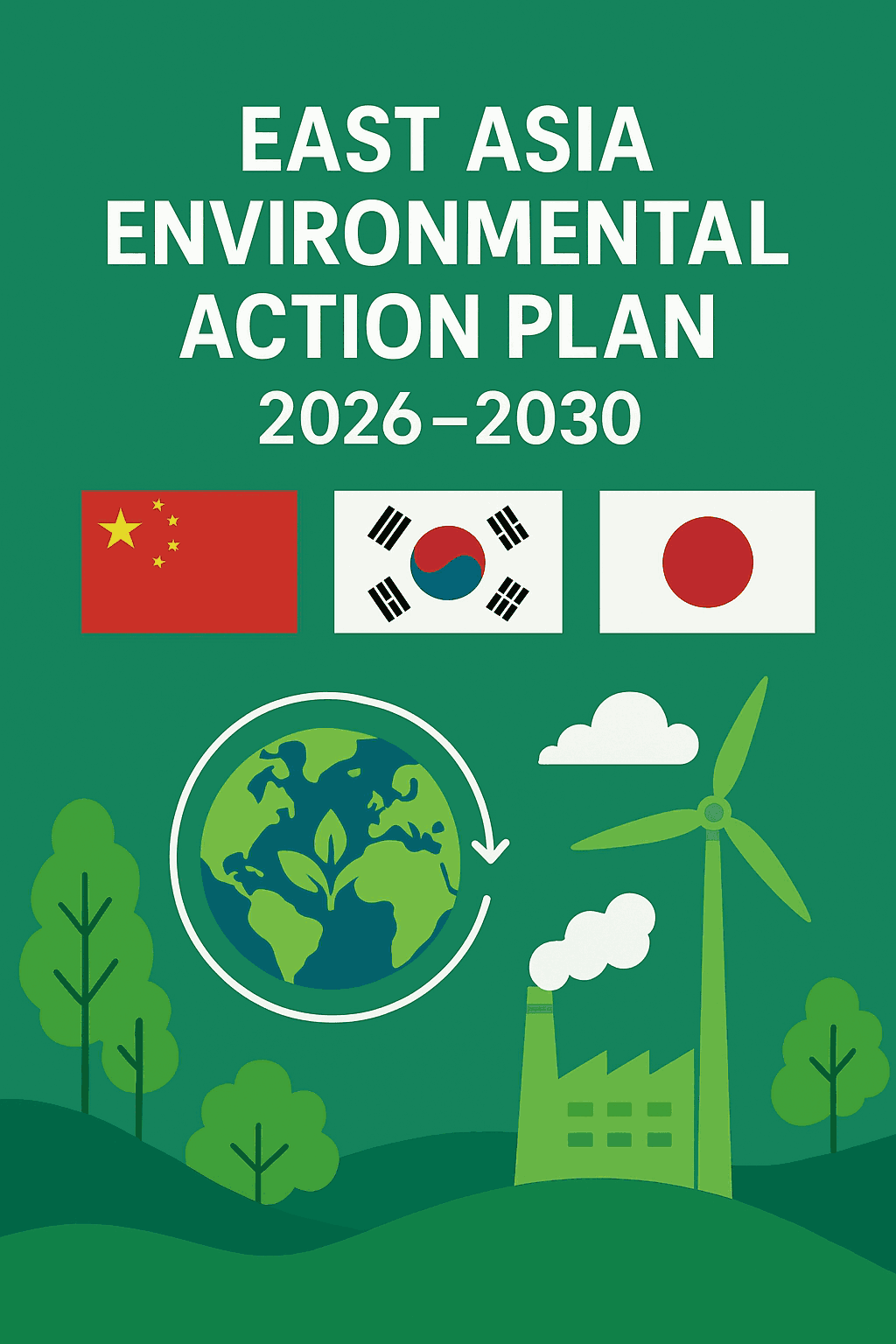Enviro News Asia, Mexico — Latin American and Caribbean countries formally announced their collective support for the upcoming COP30 in Belém, Brazil, and its priority agendas.
During a two-day ministerial meeting in Mexico City that ended on Tuesday, August 26, 22 countries signed a declaration highlighting the region’s commitment to multilateralism and climate action.
The declaration affirmed the region’s commitment to implementing the Paris Agreement through “accelerated, inclusive, and ambitious action.” It specifically emphasized the region’s desire to present a united front at COP30 on all issues of common interest.
“Latin America and the Caribbean are united in advancing a just, orderly, and equitable transition that leaves no one behind,” said Mexico’s Minister of Environment, Alicia Bárcena, at a press conference.
The meeting launched the consultation process for COP30, with discussions on key topics such as climate finance, adaptation, and a just energy transition.
The declaration also expressed support for the Baku–Belém Roadmap, a joint effort between the COP29 and COP30 presidencies to mobilize a staggering $1.3 trillion in climate finance.
The declaration suggests that the report on the roadmap, due at COP30, should encourage the use of diverse and innovative sources, including the Tropical Forests Forever Fund (TFFF), which will reward developing countries for conserving their tropical forests.
Countries also stressed that their 2035 Nationally Determined Contributions (NDCs), due in September, are “indispensable to keeping the goals of the Paris Agreement within reach.”
The declaration also identified adaptation as a collective priority for the region and reaffirmed their commitment to advancing the Global Goal on Adaptation (GGA)at COP30.
COP30 President, Ambassador André Corrêa do Lago, stated that the climate agenda is directly linked to the social agenda, warning that climate change could undermine the social progress nations have achieved.
The declaration also acknowledged the role of Indigenous Peoples and local communities as guardians of marine and terrestrial ecosystems and the importance of nature-based solutions. (*)




